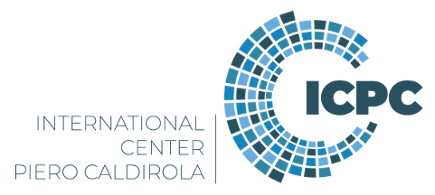Speaker
Description
A new neutron time-of-flight spectrometer (TOF-X) is proposed for simultaneous measurement of the 2.5 and 14-MeV neutron emission groups such as due to the d+d->τ+n reaction and triton burn-up reaction tdd+d->α+n. The aim of the instrument is to provide data for the study of the slowing-down and confinement of 1-MeV tritons in D plasmas that can serve as proxy for the same information on 3.5-MeV α-particles. Of special interest is the use of TOF-X spectrometer as a new diagnostics of plasmas which have demonstrated high fusion power capabilities in D operation but whose fast ion confinement capabilities need to be explored and determined. Suitable plasmas are those produced in long pulse discharges, such as in present and planned super conducting tokamaks and stellarators, or other future plasma configuration. The performance of TOF-X as a fast ion diagnostic depends on the 14-MeV neutron energy resolution and (flux) detection efficiency; these parameters were assed using parameterized analytical expressions. The performance limit is set by the 14-MeV count rate which, in turn, is ultimately set by the collimated flux and the neutron yield rate of the plasma for the time integration times that can be utilized. The presentation is focused on TOF-X as a an instrument to study fast-ion confinement with illustrations of diagnostic capabilities and the plasmas that it can be used to study.

